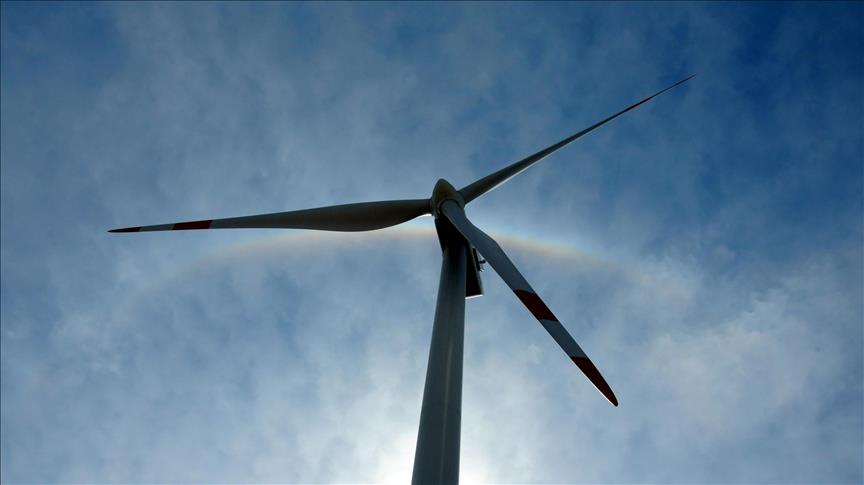Türkiye can achieve net zero emissions by 2050 by increasing its capacity in solar, wind and storage technologies and reducing fossil fuel consumption with an annual investment of $10 billion, according to Sabanci University Istanbul Policy Center’s (IPC) report on Monday.
The IPC report, Türkiye’s Decarbonization Roadmap: Sectoral Cost-Benefit Analysis, will be introduced on Nov. 15 at the 27th Conference of the Parties to the United Nations Framework Convention on Climate Change (COP27).
According to the report, the total cost of the transformation required for the country to achieve net zero emissions by 2050 is $101 billion in energy, transportation, buildings, industry, and other productive sectors until 2030, or about $10 billion per year.
By transitioning to net zero, the country can expect a $42.1 billion reduction in health costs, the report estimates.
The report also showed that Türkiye can invest less by reducing the use of fossil fuels to reach net zero emissions.
The electricity sector, which stands out as the most important sector in the transformation necessary to combat the climate crisis, needs an investment of $36.5 billion until 2030. This figure would decrease to $29 billion with a fall in coal and natural gas consumption.
In the transportation sector, the cost of the transition to railways and electric vehicles is $12.5 billion, but the cost drops to $2 billion with savings from reduced oil consumption.
The biggest cost item is buildings, where urban transformation is also included due to the need for energy-efficient buildings. The cost of buildings, which approaches $100 billion, decreases by $41 billion due to the reduction in fossil fuel consumption.
The cost of the transformation required for industry and other productive sectors totals $21 billion.
Under the net zero scenario, Türkiye will avoid 1.35 billion tons of CO2 (carbon dioxide) emissions, with a fall in the country’s total CO2 emissions of 32% below 2018 levels in 2030.
‘Türkiye has to reduce its emissions ambitiously and reach net zero in order to maintain our trade relations with Europe and fulfill the conditions of the Paris agreement,’ Umit Sahin, a climate change studies coordinator at the Istanbul Policy Center and editor of the report, said.
By investing in its net zero emission future, Türkiye can add a total of 28 gigawatts (GW) of additional solar energy and 23 GW of additional wind energy to its system, the report calculated.
The investment will also help the country integrate 5.67 GW of storage technologies into the system and increase its international interconnection line capacity.

